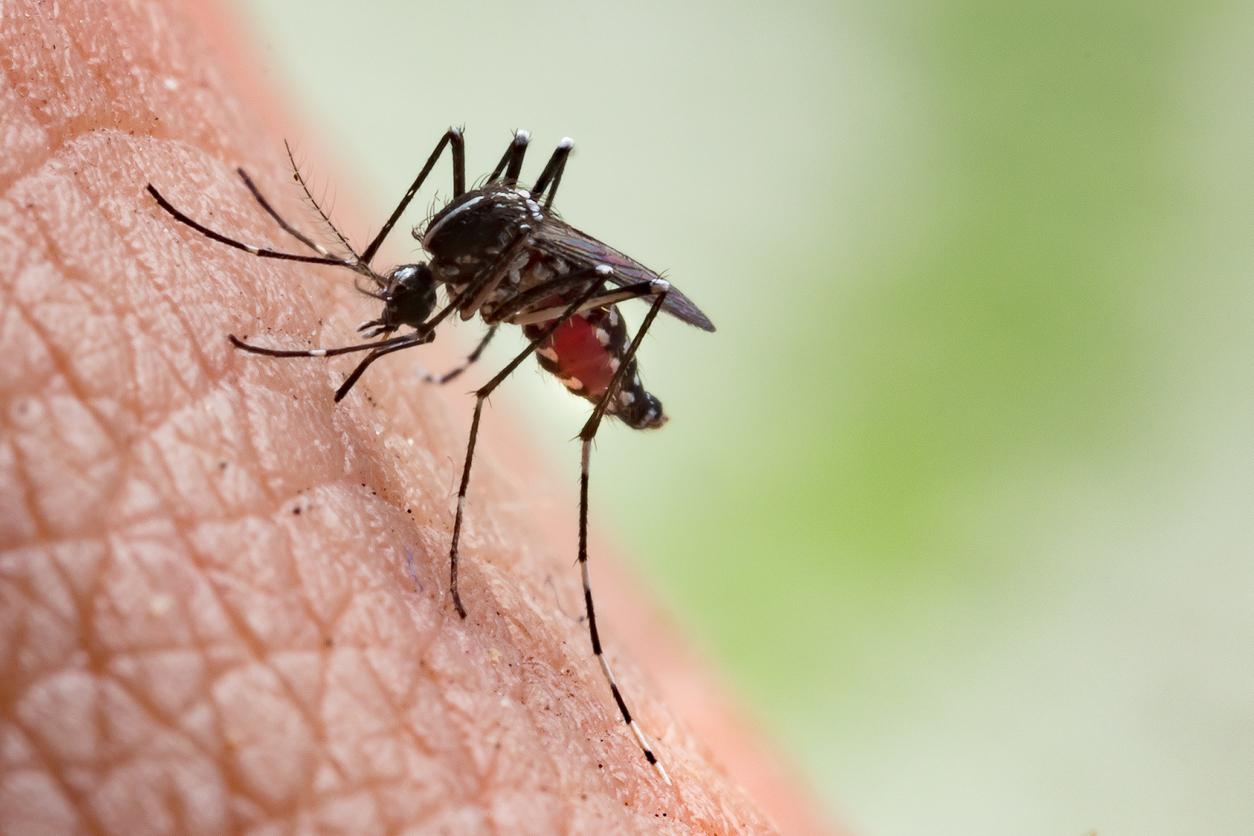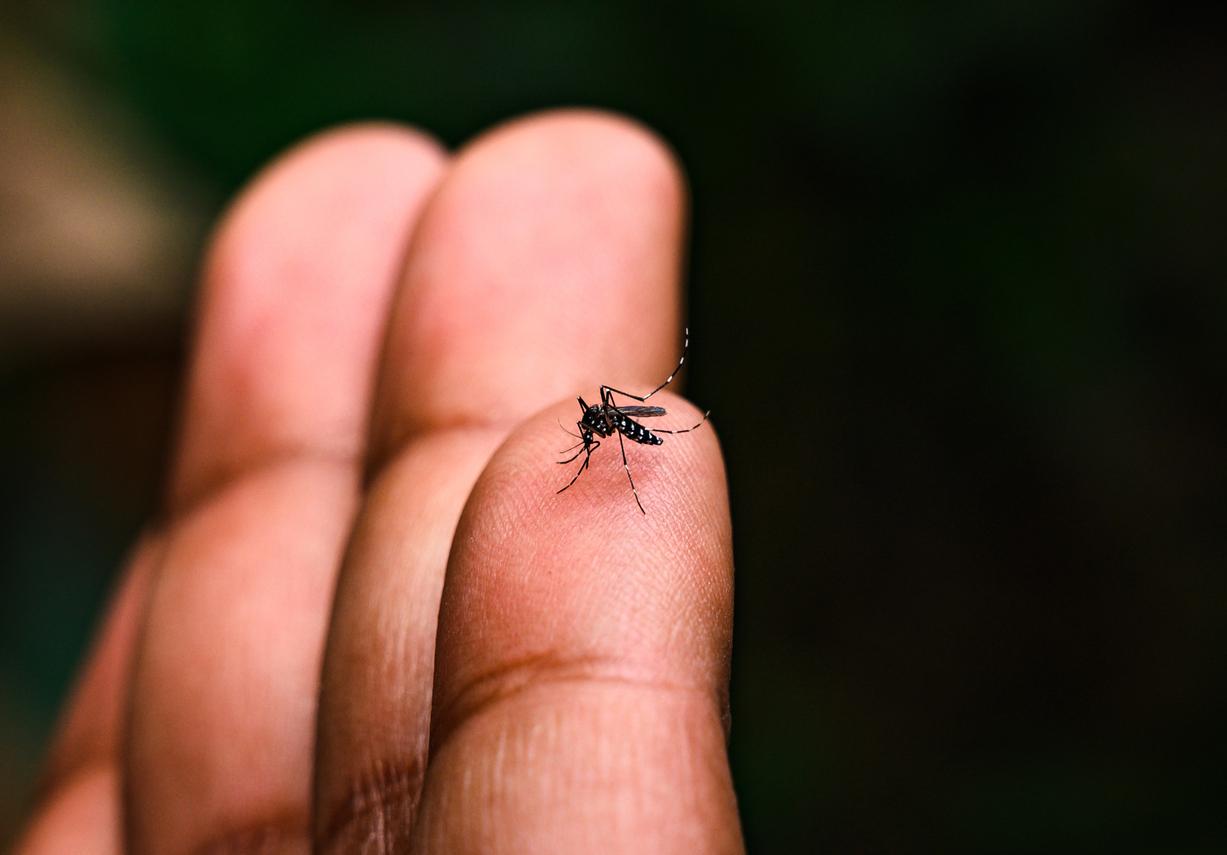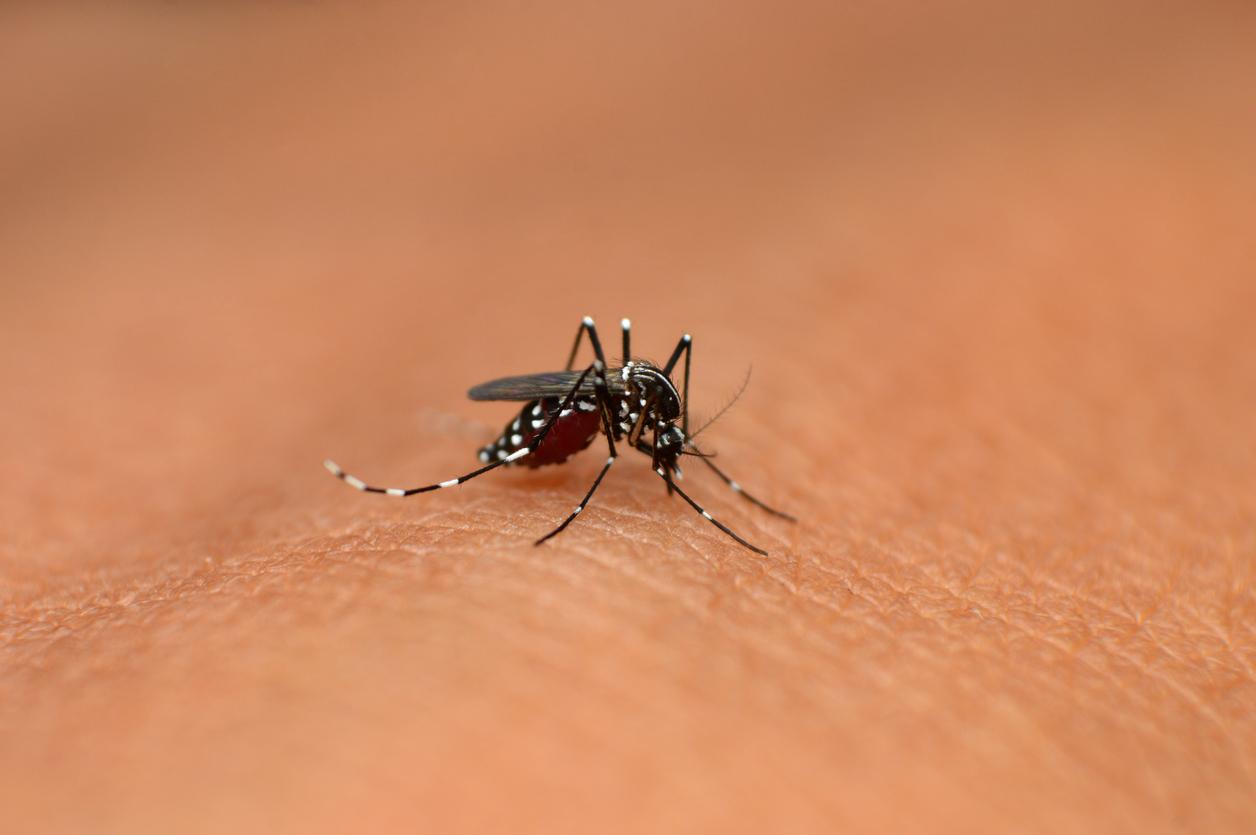A first vaccine against chikungunya, a disease transmitted by tiger mosquitoes, has just been approved by the United States Medicines Agency (FDA).

- A first vaccine against Chikungunya has just obtained the green light from the USA to be marketed on their soil.
- It is based on a single dose and is reserved for people over 18 exposed to the virus.
- More than 75% of the world’s population lives in areas at risk of chikungunya transmission, according to estimates.
Good news in the fight against mosquito-borne diseases. As the effects of climate change cause a surge in cases, the first vaccine against the chikungunya virus has just been approved by the Food and drug Administration (FDA).
Chikungunya: a first vaccine developed by a Franco-Austrian society
The Franco-Austrian society Valneva announced in a press release published on November 10, 2023 that its vaccine against chikungunya called IXCHIQ® obtained the green light from the FDA. Based on a single dose, it helps prevent the disease transmitted by mosquitoes. For its launch, it is reserve to people aged 18 and over, at increased risk of exposure to the virus.
The company clarified that during phase 3 testing, the product showed a “rate sero-response 98.9% at 28 days with a single dose“. The effectiveness was measured at 96.3% six months later. The results were published in Tea Lancet in June 2023. Valneva will continue to assess antibody persistence for at least five years.
Dr. Richard HatchettCEO of the Coalition for Epidemic Preparedness Innovations (CEPI), explains in the press release: “The first-ever approved chikungunya vaccine will play a crucial role in preventing the suffering caused by this debilitating disease. Climate change is intensifying the threat of chikungunya, meaning safe and effective vaccines are needed more than ever“.

Chikungunya: 75% of the world population affected
This vaccine represents a real breakthrough. “Today, it is estimated that more than 75% of the world’s population lives in areas at risk of chikungunya transmission due to factors such as warming and climate change. Chikungunya has already spread to more than 110 countries and is currently considered one of the most likely viral infections to emerge in new geographic areas.”adds Dr. Juan Carlos Jaramillo, Chief Medical Officer of Valneva in the press release.
Although the disease is endemic mainly in South Asia and Africa, the presence of mosquitoes tigers led to the spread of the virus to other regions. Chikungunya incubation lasts on average 4 to 7 days. The pathology is characterized by high fever (better than 38.5°C) which appears suddenly, followed by headaches, aches, joint pain or even conjunctivitis, a skin rash and nausea.
Most people recover completely, but viral infection can also progress towards a chronic phase marked by persistent and incapacitating joint pain.















